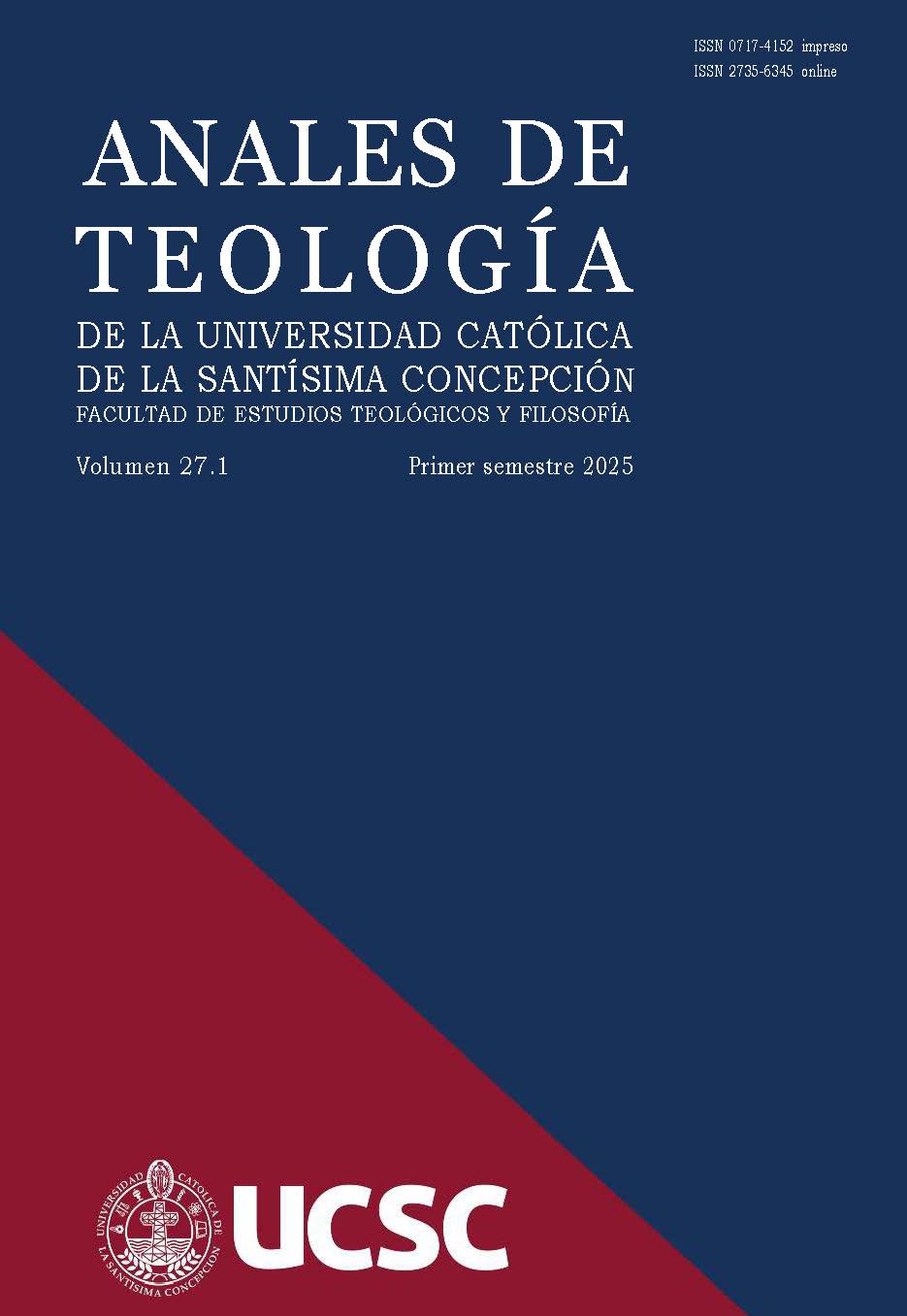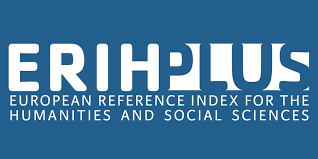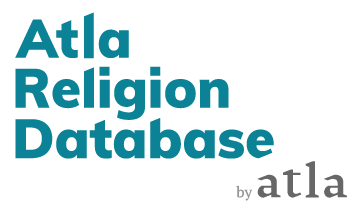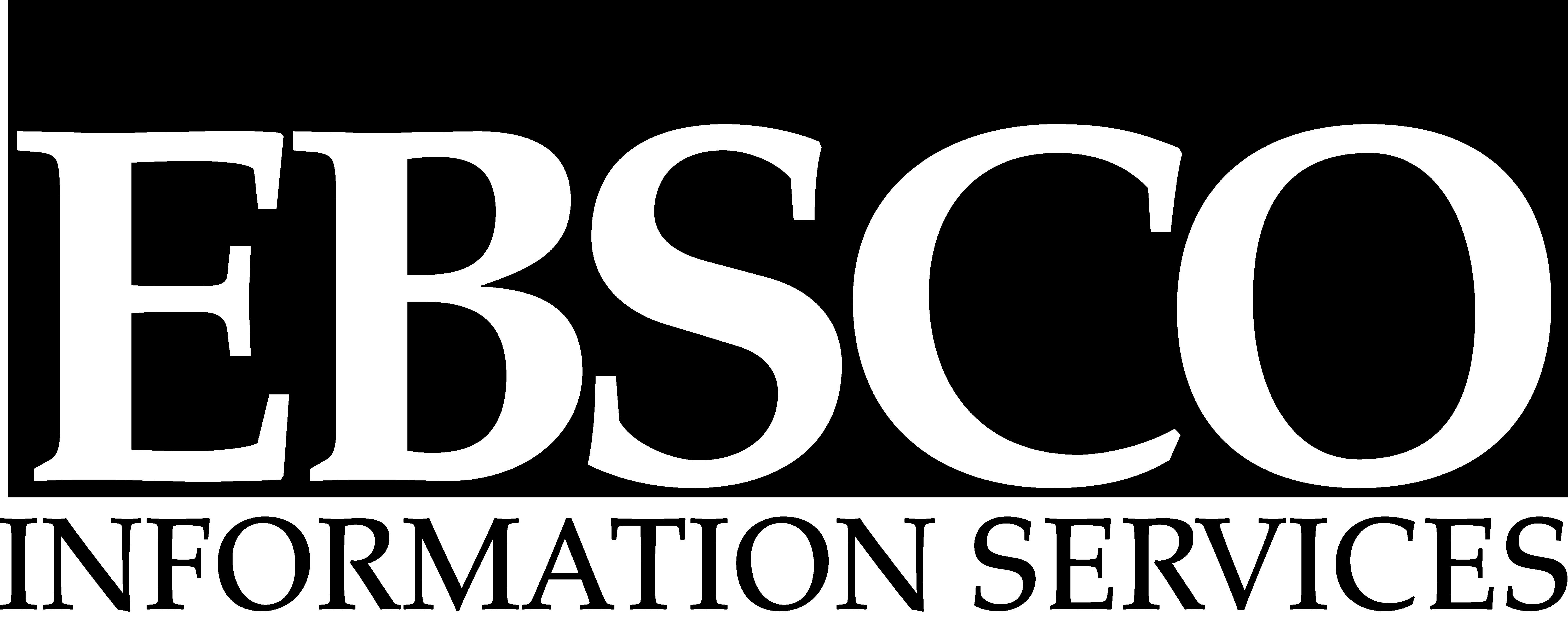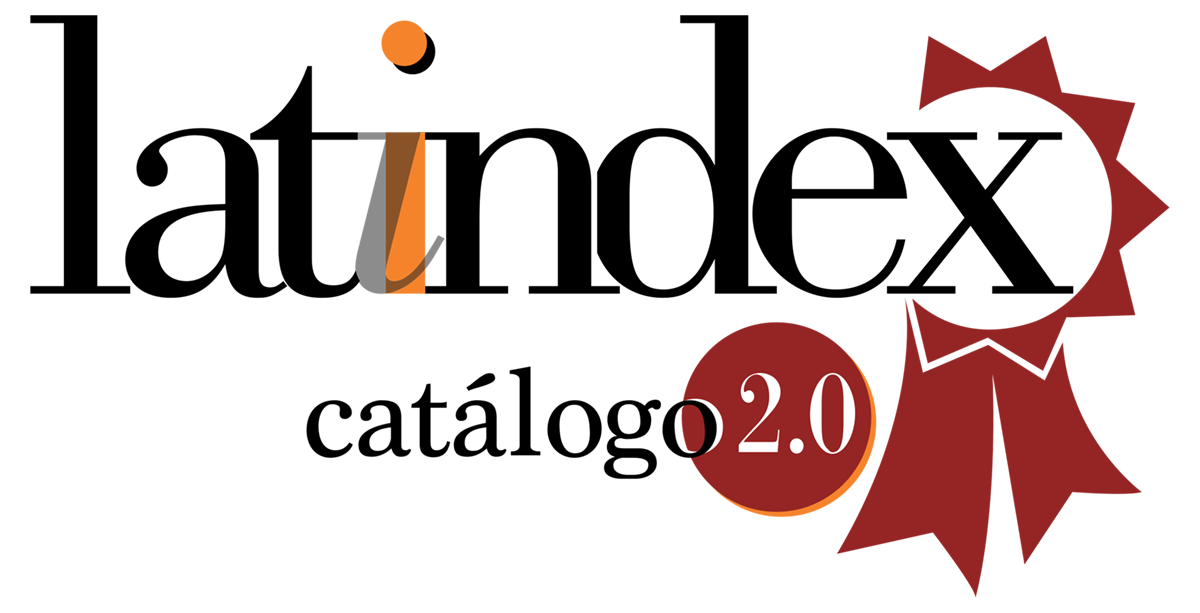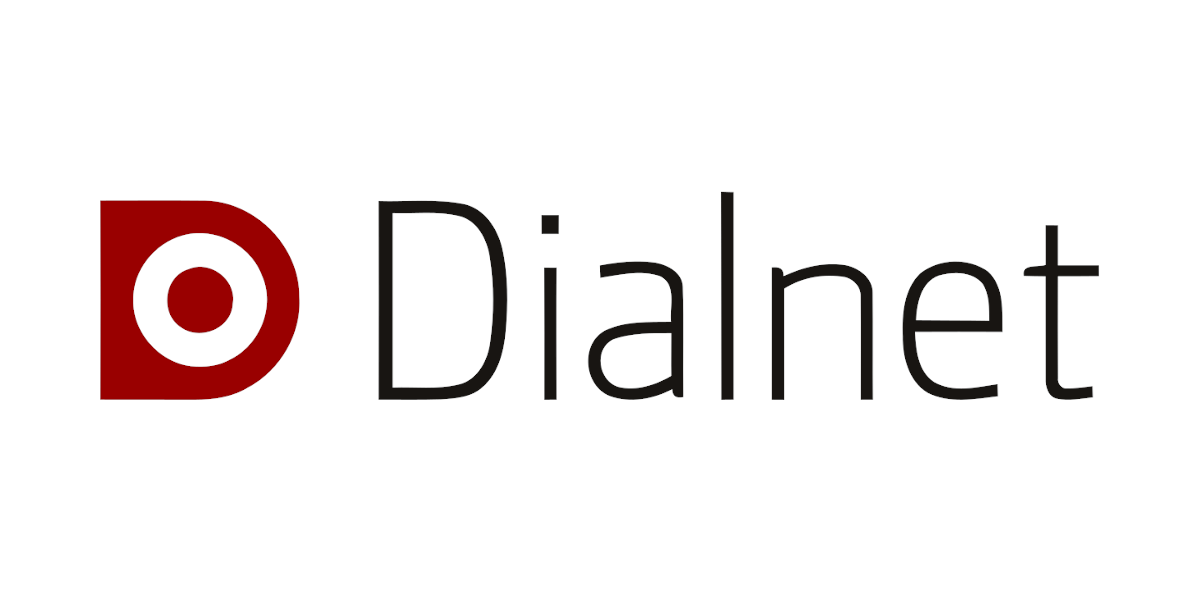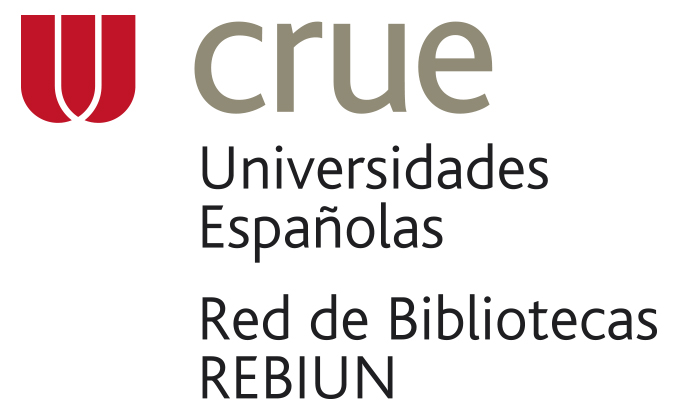An african christian appropriation of the eucharist
DOI:
https://doi.org/10.21703/1w2m2738Keywords:
Eucharist, salvation, African worldview, theologyAbstract
The Eucharist holds a significant place in the life of the Church in Africa. Beyond symbolizing salvation and reminding believers of God’s provision, it aligns with the traditional African worldview, which emphasizes the necessity and power of blood for salvation. However, despite its importance, many African Christians struggle to fully grasp the relevance of the Eucharist in addressing their daily challenges. While some scholarly works have explored the topic, a gap remains in connecting Eucharistic theology to the practical socio-economic and spiritual issues faced by African Christians. This paper seeks to bridge that gap by exploring way by which Eucharistic theology might be or has been interpreted to address socio-economic and spiritual challenges of everyday African life. Using a literature-based research approach, the paper examines data from existing publications (including journal articles, bible commentaries, books and deisertations/theses) through thematic analysis. The central argument of the paper is that Christ, through the shedding of his blood symbolized in the Eucharistic meal, provides solutions to both physical and spiritual human needs. Consequently, partakers of the Eucharist must approach it with proper understanding and faith, thereby accessing its full benefits. The paper contributes to knowledge by demonstrating how the Eucharist can serve as a transformative practice, offering theological and practical insights for the Church in Africa to engage with the daily realities of its members.
Downloads
References
ACHEAMPONG, J. W. “I will pass over you: The relevance of the Passover to the
Understanding of salvation in contemporary Ghanaian Pentecostalism – A critical reflection from an Akan perspective.” Doctor of Theology Dissertation: University of Hamburg, 2014.
DUNCAN-WILLIAMS, N. Deploying the Blood. Accra: Dominion Publications, 2012.
EKEM, J. D. K. New Testament Concepts of Atonement in an African Pluralistic Setting. Accra: SonLife Press, 2005.
FRANCE, R. T. The Gospel of Mark. A Commentary on the Greek Text. Grand Rapids, MI: William B. Eerdmans Publishing Company, 2002.
GRASSMICK, J. D. “Mark.” In The Bible Knowledge Commentary: New Testament, edited by J.F. Walvoord and R.B. Zuck, 95-198. Colorado Springs: David C. Cook, 1983.
GYEKYE, K. African Cultural Values: An Introduction. Accra: Sankofa Publishing Company, 1996.
HARAN, M. “The Passover Sacrifice” in G.W. Anderson, P. A. H. De Boer, et al (eds),
Supplements to Vetus Testamentum Vol. 23. Leiden: Brill, 1972.
LANE, W. L. Commentary According to the Gospel of Mark. The New International Commentary on the New Testament, edited by F. F. Bruce. Grand Rapids, MI: William B. Eerdmans Publishing Company, 1974.
NMAH, P. E. “Luther and Zwingli’s Eucharistic Controversy: A Reflection on Nigerian Christianity.” Unizik Journal of Arts and Humanities 14, no. 2 (2013): 120-139.
O’DONOVAN, W. Biblical Christianity in African Perspective, second edition. Carlisle: Paternoster, 1996.
OYEDEPO, D. Signs and Wonders Today: A Catalogue of the Amazing Acts of God among Men. Ota: Dominion Publishing House, 2006.
OYEDEPO, D. The Miracle Meal. Lagos: Dominion House Publishers, 2002.
PROPP, W. C.H. “Unleavened Bread and Passover” in The Anchor Bible vol. 2. New York:
Doubleday, 1999.394.
TAYLOR, J. V. The Primal Vision: Christian Presence and African Religion. London: SCM, 1963.
SEGAL, J.B. The Hebrew Passover: From The Earliest Times to A.D. 70. London: Oxford
University Press, 1963.
Downloads
Published
Issue
Section
License
Copyright (c) 2025 Isaac Boaheng

This work is licensed under a Creative Commons Attribution-NonCommercial 4.0 International License.
The Anales de Teología is an open access journal and does not charge for publication. In addition, it regulates its Copyright and access policy according to the Creative Commons Attribution-NonCommercial 4.0 International Public License (CC BY-NC 4.0), therefore sharing (reproducing and distributing the material in any medium or format) and adaptation (modifying, transforming, and creating from the material) is allowed as long as proper credit is given and the citation is included with the corresponding data. Moreover, it is not allowed to use the material for commercial purposes.
